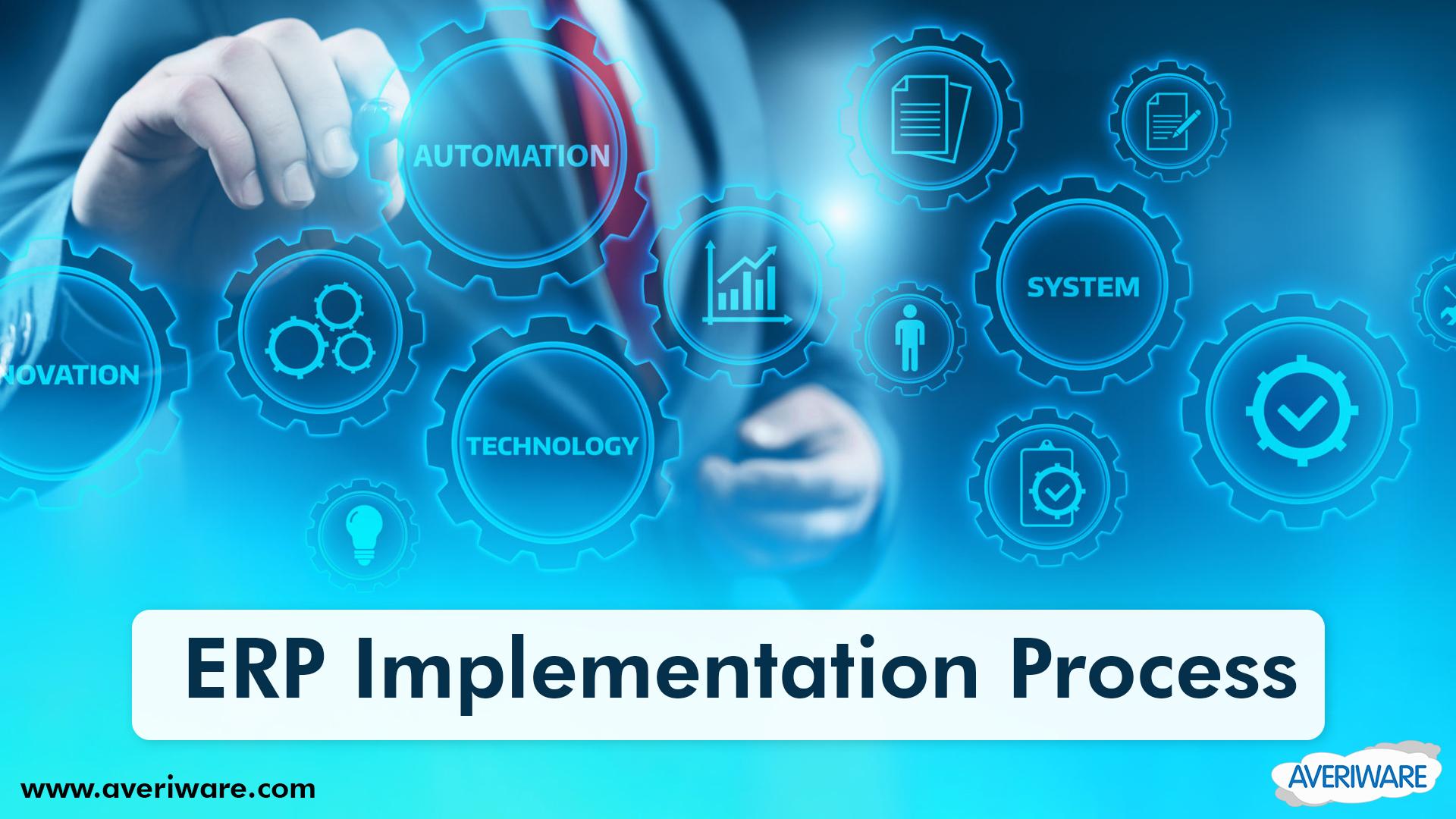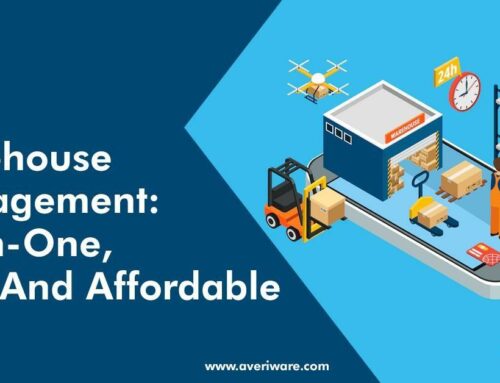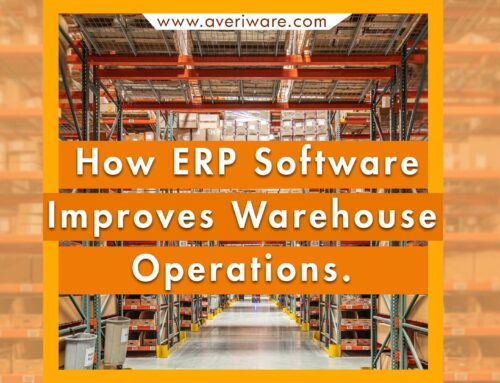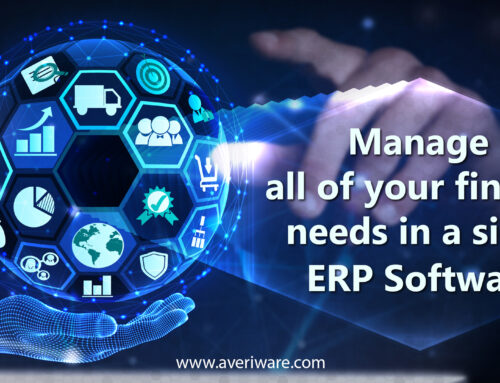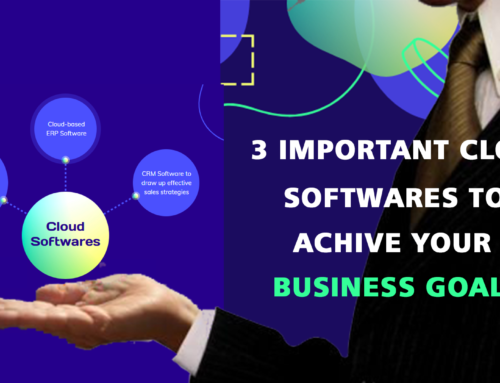A typical ERP implementation process, which could apply to Averiware or other ERP providers, involves discovery and planning, data migration, system configuration, extensive testing, user training, Go-Live deployment, and ongoing support. Implementing an ERP system is a significant endeavor that can revolutionize the way an organization operates. Throughout this blog, we have explored the essential steps to ensure a successful ERP system implementation. From the initial planning and evaluation stages to post-implementation support, each step plays a crucial role in achieving the desired outcomes.
The first and foremost step is thorough planning and evaluation. By identifying clear objectives, selecting the right ERP solution that aligns with the organization’s needs, and involving key stakeholders from the start, businesses can set a solid foundation for success.
Next, data migration and system configuration require meticulous attention to detail. Accurate data migration and proper customization ensure that the ERP system is tailored to the unique requirements of the organization, facilitating smooth operations and efficient workflows.
The testing phase is a critical step in ironing out any issues before the system goes live. Rigorous testing helps identify and address potential bottlenecks, ensuring that the ERP system is robust and ready for everyday use.
User training is paramount to ensure that all employees are proficient in utilizing the ERP system to its fullest potential. Comprehensive training programs empower users to leverage the system effectively, maximizing productivity and driving positive outcomes.
The go-live deployment marks the culmination of the implementation process. It is crucial to plan for a seamless transition and provide necessary support during this phase to minimize disruptions and promote user acceptance.
However, the journey does not end with go-live. Ongoing support and continuous improvement are fundamental to the long-term success of the ERP system. Regular assessments, post-implementation reviews, and updates ensure that the ERP system remains aligned with the organization’s evolving needs and industry trends.
The process outlined above ensures the ERP system is tailored to the client’s needs and enables a seamless transition to optimize business operations and improve efficiency. For precise details on Averiware’s implementation process, please refer to their official documentation or contact their support team. However, below is a general overview of how ERP implementation processes typically work, which can be helpful for understanding what to expect from Averiware or any other ERP system.
- Discovery and Planning:
During this phase, Averiware’s implementation team collaborates with the client to understand their business processes, requirements, and objectives. They assess the existing systems, data, and workflows to create a detailed implementation plan.
- Data Migration:
Before the system goes live, the team helps migrate data from the client’s legacy systems to Averiware’s ERP platform. This ensures a seamless transition and prevents data loss.
- Configuration:
Averiware’s ERP system is highly configurable to suit the specific needs of each business. The implementation team customizes the software based on the client’s requirements, defining workflows, user roles, permissions, and other settings.
- Testing:
Thorough testing is essential to identify and rectify any issues or bugs. The team performs multiple tests, including unit testing, integration testing, and user acceptance testing (UAT), to ensure the system works correctly and meets the client’s expectations.
- Training:
Once the system is configured and tested, Averiware provides training sessions to the client’s staff. Training ensures that users understand how to use the ERP system effectively and efficiently.
- Go-Live and Support:
After successful testing and training, the ERP system is deployed for actual use (go-live). Averiware’s support team remains available to address any issues or queries that arise during the initial implementation phase.
- Post-Implementation Review:
After the system has been in use for a while, Averiware may conduct a post-implementation review with the client to gather feedback and make any necessary adjustments for continuous improvement.
Successful ERP system implementation can deliver a multitude of benefits, including streamlined processes, increased productivity, enhanced data visibility, better decision-making, and ultimately, improved business outcomes. Nonetheless, it is essential to acknowledge that every organization’s ERP implementation journey is unique, and challenges may arise along the way.
To overcome hurdles effectively, organizations should remain adaptable and foster a culture of open communication and collaboration. The collective efforts of the implementation team, along with the support and engagement of all stakeholders, will drive the ERP system towards success.
In conclusion, embarking on an ERP system implementation journey is a transformative step for any organization. By following the steps outlined in this blog and remaining committed to continuous improvement, businesses can optimize their processes, gain a competitive edge, and achieve long-term success with their ERP system. Embracing this change will position organizations to thrive in the dynamic and ever-evolving landscape of the modern business world.



